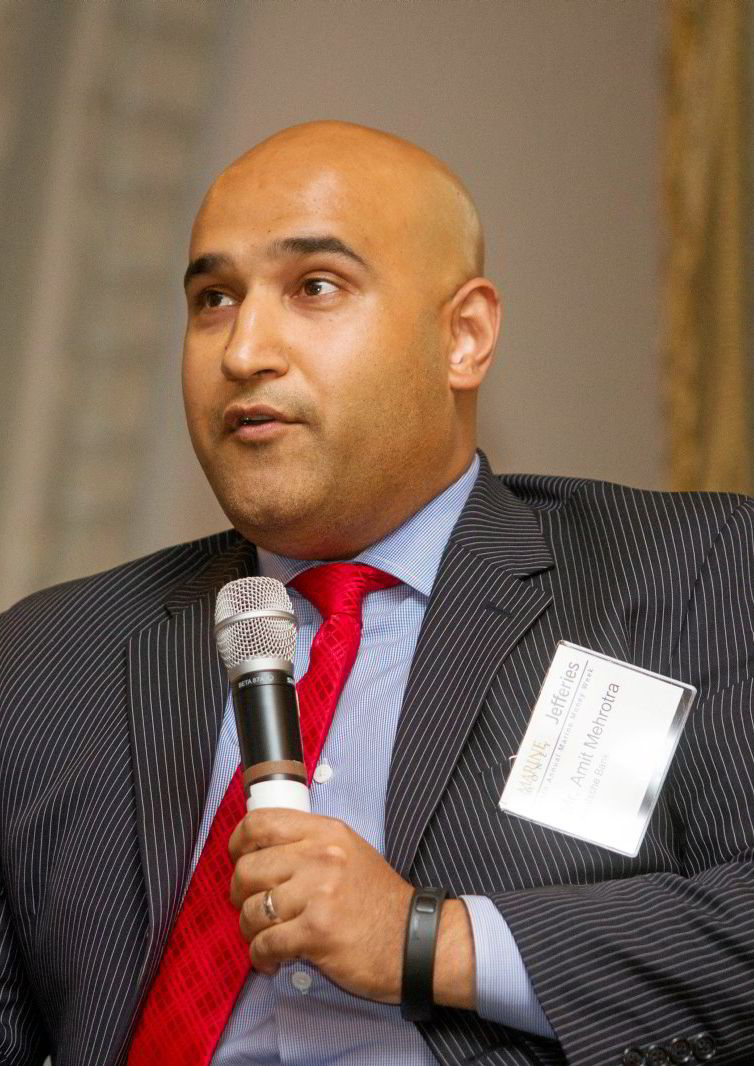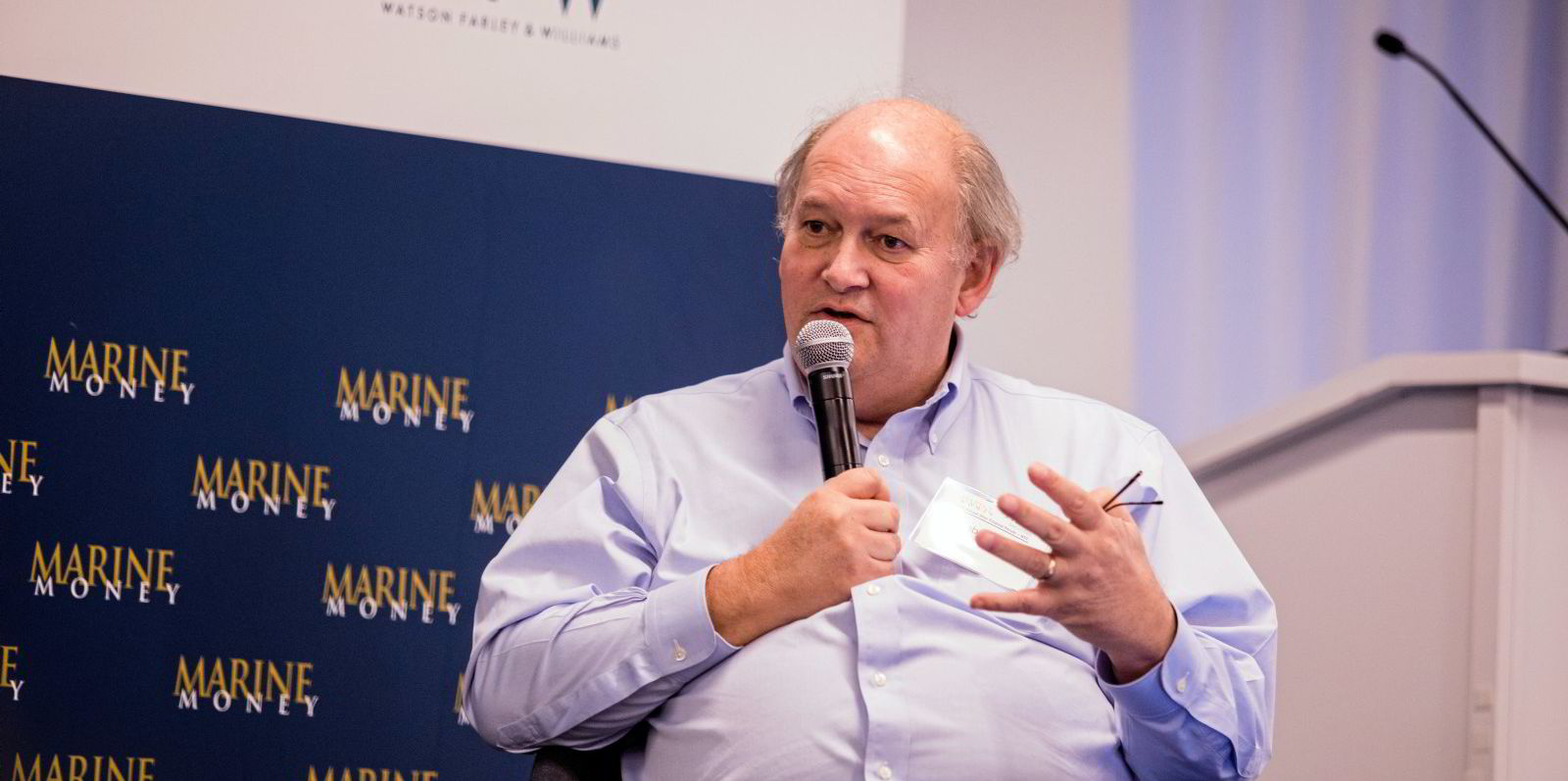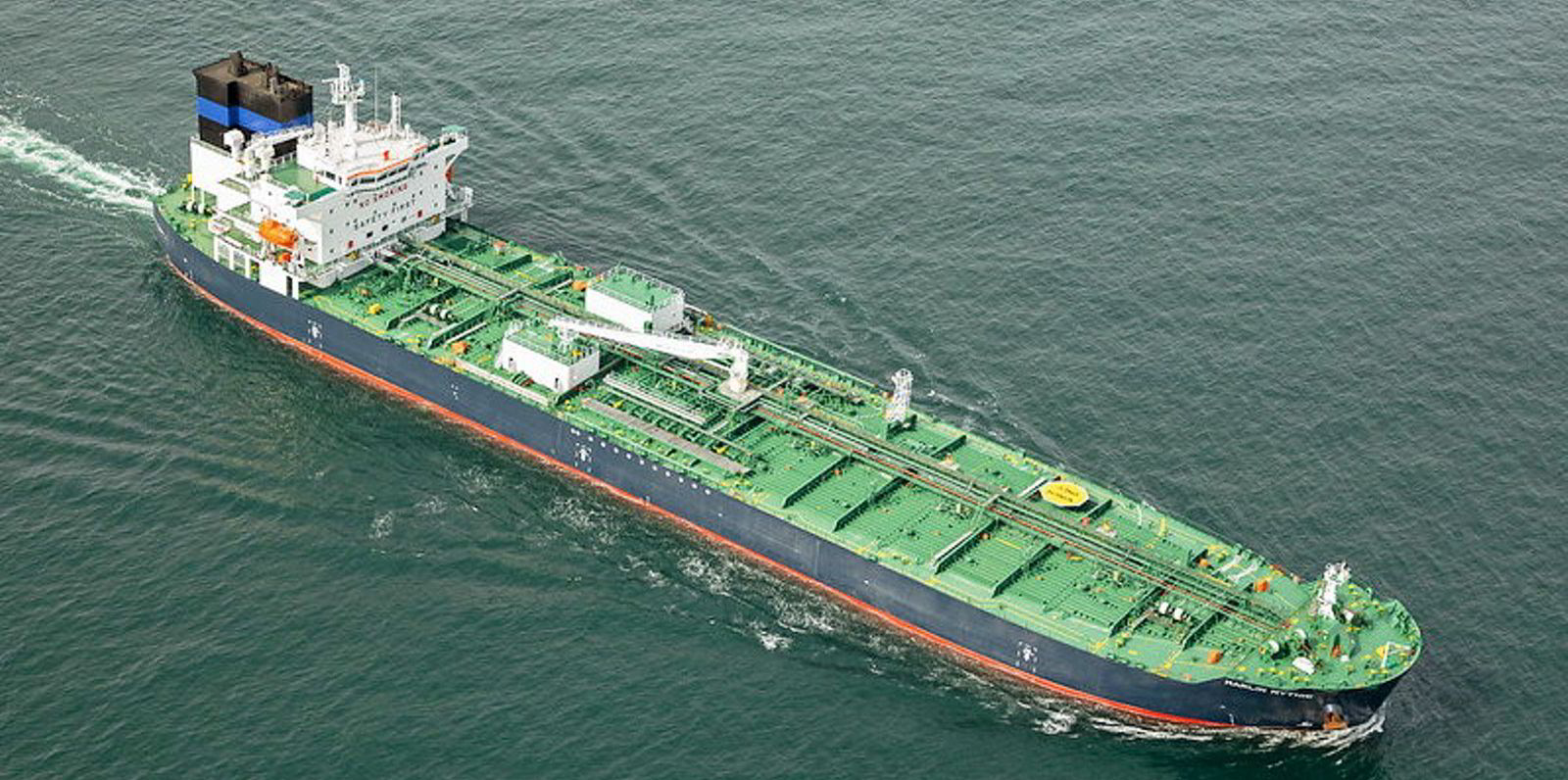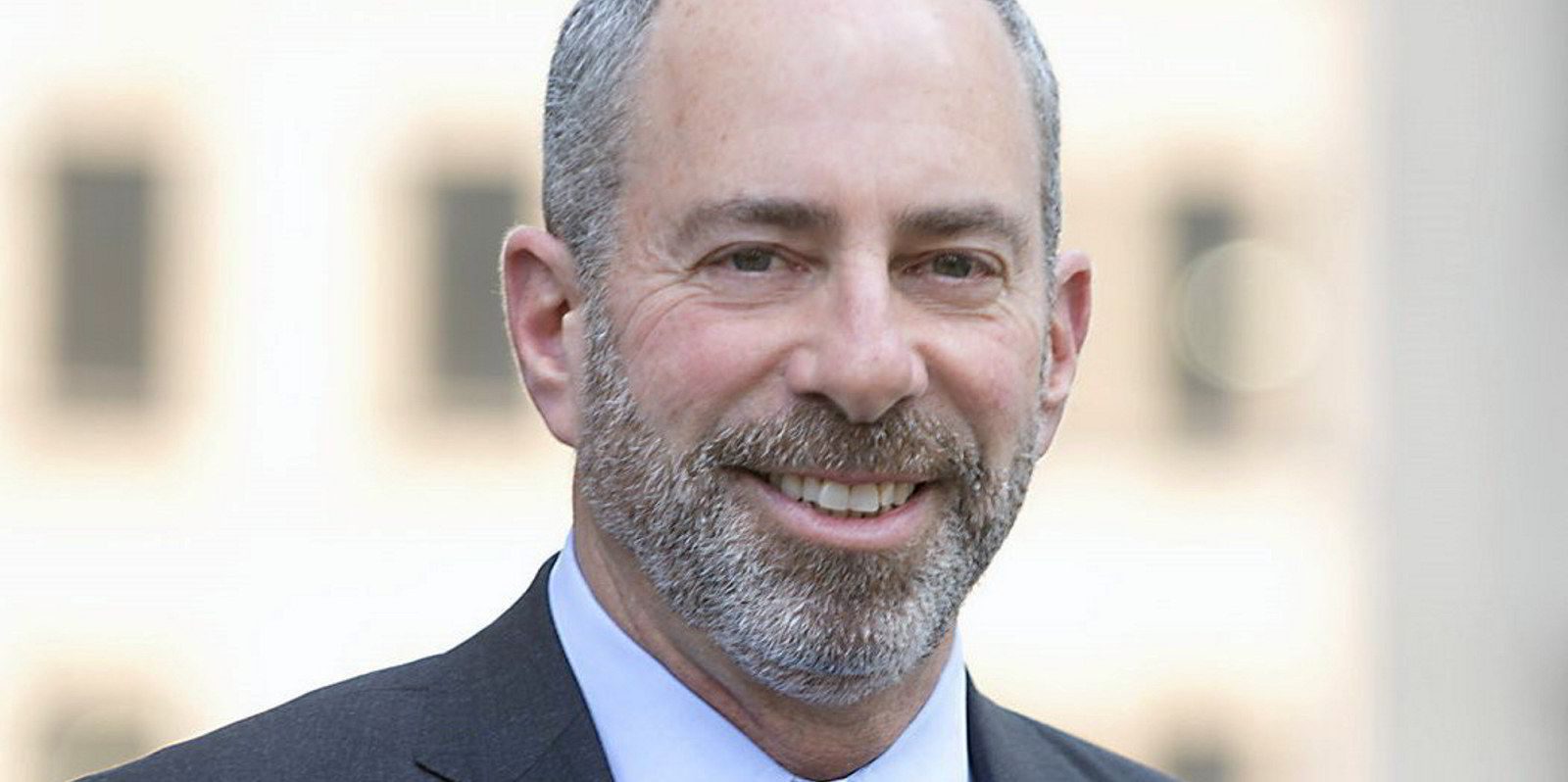Scorpio Tankers has unveiled plans to boost cash reserves by $102m to continue securities repurchases and maintain dividend payout during the market downturn.
In its quarterly report published on Thursday, the New York-listed company said it would receive $20.8m from refinancing two ships and a draw-down in a credit facility by end-March.
Scorpio is also in discussions with unnamed financial institutions to further increase liquidity by up to $61.2m by refinancing 15 vessels.
Furthermore, the company said it can free up another $20m cash when some financings tied to scrubber installations become available.
If those plans all materialise, Scorpio’s cash reserves will increase to $306m from $204m on 17 February.
Buyback programme
President Robert Bugbee suggested that the financing efforts was more about maintaining Scorpio’s liquidity following months of weak rates, so that more cash can be returned to shareholders.
“We're continuing to maintain our liquidity,” Bugbee said in a conference call. “We've remained humble.”
In September, Scorpio's board authorised a $250m repurchase programme covering shares, convertible notes due in 2022, and senior unsecured bonds due in 2025.
The company will use its cash to buy back debts and stocks while keeping its dividend payout, Bugbee added.
“We believe the NAV [net asset value] is well above the present stock price and going higher,” he said. “We are expected to maintain the dividend.”
Scorpio declared a cash dividend of $0.10 per share for the last quarter of 2020 — the same as the third quarter. Its share price was up 1.01% at $16 in afternoon trading.
Fourth-quarter loss
The world’s largest product tanker owner reported worse-than-expected net results from October through December, but its vessel earnings have been above market levels so far this quarter.
Net loss amounted to $76.3m last quarter, or $1.41 per share, compared with a net profit $12m in the same period of 2019.
The consensus estimate of Wall Street analysts was a loss of $1.09 per share, according to Yahoo Finance.
Scorpio recorded $16.8m impairments of goodwill and vessels and $6.37m amortisation of restricted stock last quarter.
Revenue collapsed to $138m from $222m in the fourth quarter of 2019, mainly due to lower spot earnings amid tepid shipping demand.
On a full-year basis, the company flipped into a net profit of $94.1m in 2020 from a loss of $48.5m in 2019. Its yearly revenue jumped to $916m from $704m.
The improvement resulted from strong charter rates in the first half of last year, when floating storage demand spiked due to a collapse in oil demand during the Covid-19 pandemic.
But freight markets have been weak since June amid drawdowns of global petroleum stocks.
“The continuation of the unwinding of inventories, coupled with tepid demand for oil, have had an adverse impact on the demand for our vessels,” according to the quarterly report.
No asset acquisitions
On average, Scorpio's LR2s have earned $15,200 per day for 48% of first-quarter days, LR1s have secured $11,000 per day for 58%, and MRs $11,500 per day for 58%.
Clarksons Platou Securities estimates that spot LR2 earnings have averaged $12,400 per day so far this quarter, LR1 averaged $10,800 per day and MR $8,500 per day.
Scorpio will not consider any vessel acquisitions before its average vessel earnings exceed the cash breakeven level of $17,000 per day, Bugbee said.
“We have no interest in buying other people’s assets right now,” he said. “We're not even in discussions with shipyards at all.
“The idea of ordering a ship is completely at the bottom of the list.”
Downgrade
Describing the fourth-quarter loss as “pretty bad”, Deutsche Bank analyst Amit Mehrotra downgraded Scorpio’s shares from “buy” to “hold”.
“We would note that asset impairments are more recurring for [the company] than not,” Mehrotra wrote to his clients.

“Amortisation of restricted stock awards – which have been massive on a cumulative basis since the company was founded about a decade ago – are real costs to public shareholders and as such should be taken into consideration.
“This downgrade effectively introduces a zero-tolerance stance for us on what we view to be weak corporate governance and significant value transfer from public shareholders to related-party entities.”
Scorpio has long been criticised for paying administrative, technical and commercial management fees to non-listed affiliates.
Company executives defended the fee structure by stressing that the affiliates offered good services and had not hiked, or even cut some fees in recent years despite rising costs.
“You know, they haven’t gone up,” Bugbee said. “But costs have gone up, salaries have gone up.
“We do very well against the benchmarks and very well against the competitors.”







